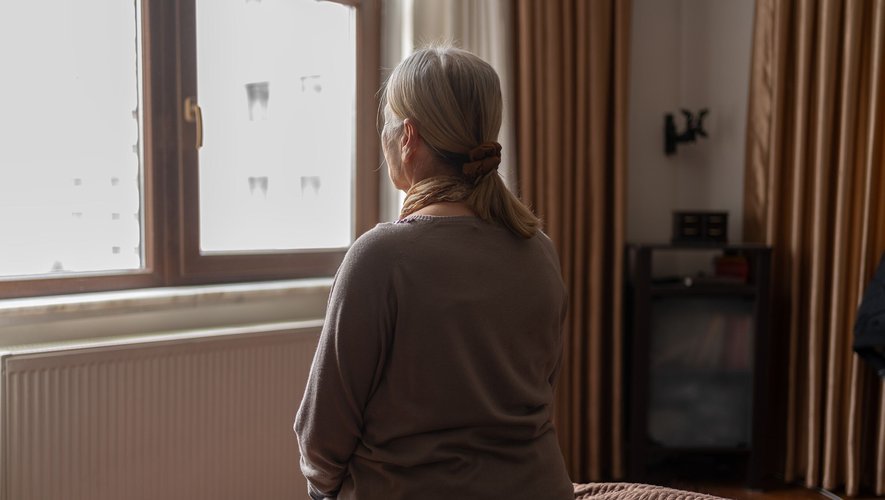(ETX Daily Up) – “Solitude keeps nine”, said Paul Léautaud, but taken out of the literary context, and of any romantic influence, this quote seems to have many limits. The Covid-19 pandemic has proven this, as has the numerous scientific research on the subject which establishes a link between loneliness and deterioration of mental health, at the origin of an increase in health problems and deaths. The latest study to date even reveals that social isolation has a negative impact on… bone health.
The health crisis has shown a number of risks and harms inherent in social isolation, and yet a new scientific study teaches us today that loneliness is (also) harmful to bone quality. Research that is surprising to say the least, but which could ultimately improve the care of isolated people, especially the elderly, in terms of bone health. Especially since we do not yet know all the health effects of the increase in social isolation observed during the Covid-19 pandemic.
Presented at ENDO 2023, the annual meeting of the Endocrine Society (June 15-18), this research was conducted by scientists from the MaineHealth Institute for Research in Scarborough, USA. “Previous clinical research has shown that psychosocial stressors and the mental disorders they cause are major risk factors for osteoporosis and fractures, which disproportionately affect older people. But the effects of isolation social effects on bone, however, have not been extensively studied,” Rebecca Mountain, lead author of the study, said in a statement. And to add that loneliness was already associated with an increased risk of health problems, of all kinds, as well as higher death rates.
Loneliness harmful to bone quality?
This new research was not conducted with men and women, but with adult mice, requiring a fortiori additional studies. However, the scientists divided the rodents into two categories: those subjected to social isolation, comprising one adult mouse per cage, and those cohabiting in groups – four mice per cage – for a period of four weeks. At the end of their work, the researchers observed a significant drop in bone quality, and in particular a reduction in bone mineral density, in isolated mice, and more particularly in male mice. Note that the bone mineral density corresponds to the amount of calcium contained in the bone tissue, and therefore makes it possible in particular to determine the resistance and the solidity of the bone.
“Overall, our data suggest that social isolation has a significant negative effect on bone in male mice, but it may act through different mechanisms or in a different time frame in female mice. Future research are needed to understand how these results apply to human populations,” explains Rebecca Mountain. Additional work that will also help to understand and determine the mechanisms by which this impact can occur, in other words how and why loneliness can be harmful to bone health.
As we have seen, this research is proving to be important when we do not yet know all the health effects of social isolation linked to Covid-19, knowing that the pandemic is not solely responsible for the loneliness suffered. by people around the world. “Social isolation is a potent form of psychosocial stress and is a growing public health problem, especially among older adults. Even before the onset of the pandemic, which dramatically increased the prevalence of isolation and loneliness , the researchers were worried about the rise of an ‘epidemic of loneliness'”, warns the main author of this study.

